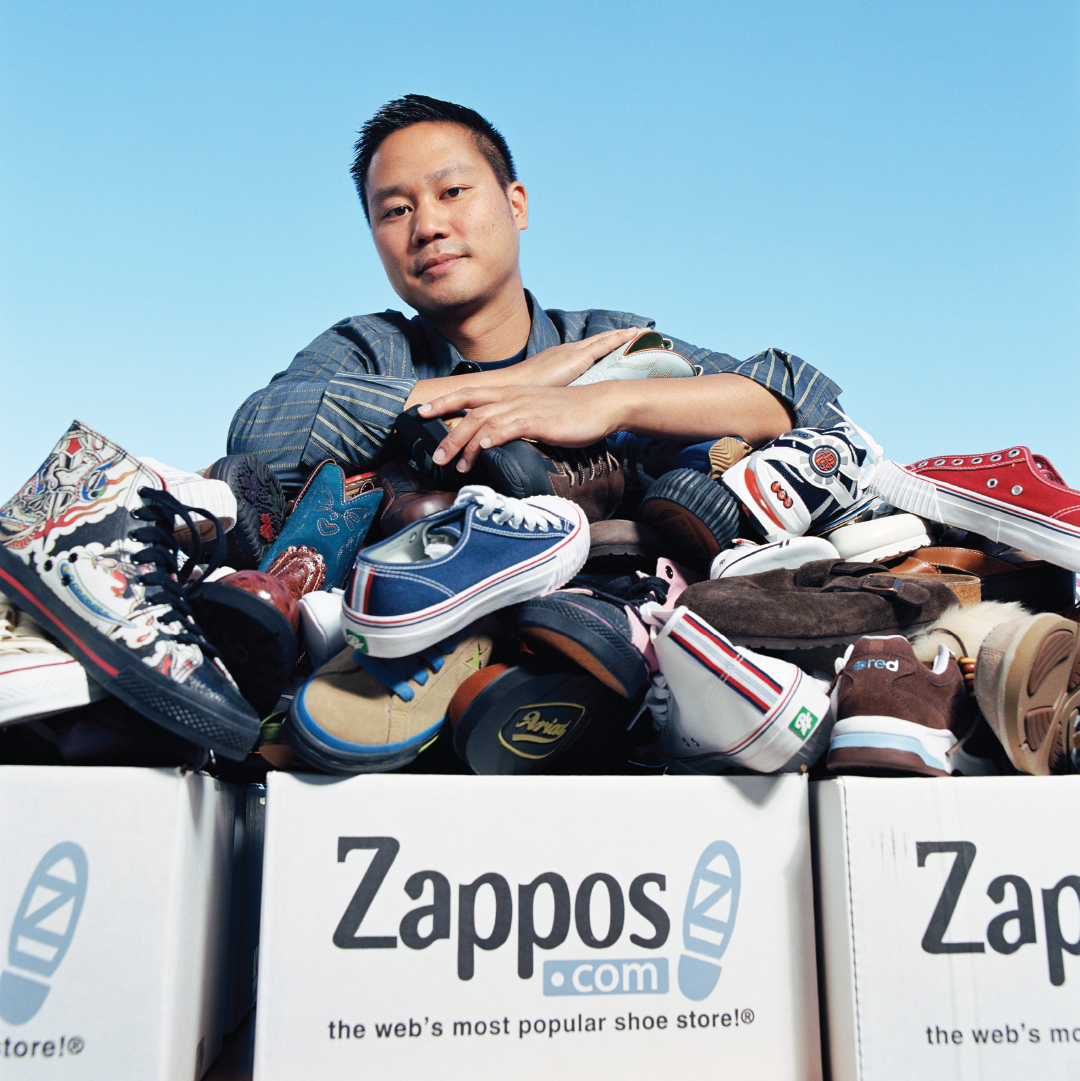Appendix
“What was the best mistake you made on the job? Why was it the best?”1
“On a scale of 1–10, how weird are you?”
If you ever interview for a job with Zappos—the online shoe, clothing, and accessories company—brace yourself for questions like these. Known for a unique culture that encourages workers to “create fun and a little weirdness,” Zappos seeks to hire employees who embody the company’s core values (“Zappos,” n.d.). These include delivering WOW through service, embracing and driving change, and being passionate and determined (“Zappos,” n.d.).
To identify prospective employees who personify these values, Zappos hiring teams conduct two types of interviews. In the initial interview—usually on the phone or at a job fair—the teams evaluate candidates’ job experience and skills, asking about work history, job-relevant abilities, and salary requirements. They also ask standard interview questions, such as, “What is your greatest strength?” and “Would you say you’re more or less creative than the average person? Can you give me an example?”
People who make a good impression during the first interview are invited to Zappos’s headquarters in Henderson, Nevada, for a second type of interview. At this point, the hiring team is interested in whether a candidate is a good fit for Zappos’s company culture. They ask questions that explore the person’s values and self-awareness, such as, “What would you say is the biggest misperception that people have of you?” (Bryant, 2010). Zappos CEO Tony Hsieh explains that such questions give interviewers a sense of how self-aware candidates are and of their honesty levels (Bryant, 2010).
But as with any interview, there’s more to a Zappos meeting than just answering questions. The hiring team also pays attention to how candidates treat others and handle unexpected events, like meeting an employee who is wearing pajamas or bunny ears. That’s typical at Zappos, where employees are known to be quirky. The team wants to know that new hires can adapt to such situations and that they don’t take themselves too seriously (Gurchiek, 2011). Preparing for either interview type can be tricky, especially since you never know what you’ll be asked or whom you will run into. But when interviews are well planned and have clear goals—like the ones at Zappos—they can be very useful and even surprisingly fun for both interviewers and interviewees.

Whether it’s to get a job with Zappos or a job with any other company, developing competent interviewing skills will help you achieve your professional goals. But interviews aren’t just for finding employment; you will use these skills in other communication situations—for example, interviewing someone as research for a presentation, as a way to explore a potential career path, or even to correspond with the public if you work in fields such as journalism or public relations. In this appendix, you’ll learn:
- The different types of interviews
- Ways to plan interview topics and interview questions
- How to communicate competently during interviews
- Steps for preparing for and managing information and employment selection interviews
- Strategies for writing a résumé and cover letter